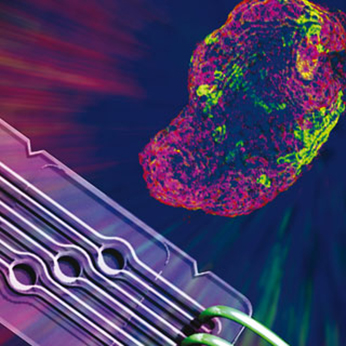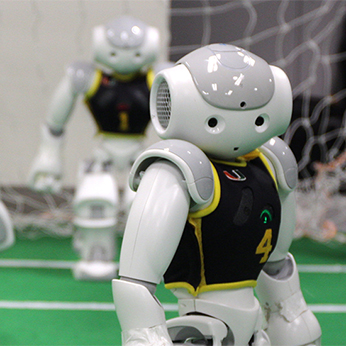by Barbara Gutierrez
How do we learn? Are there methods to improve learning skills? Do we learn better individually or in groups?
Understanding and analyzing how people learn is at the heart of a new set of graduate programs in Applied Learning Sciences being offered by the University of Miami School of Education and Human Development (SEHD). These programs will lead to an educational doctorate (Ed.D.), a master’s degree, or a non-degree certificate depending on student interest and background. An online version of the program, offered through the University of Miami UOnline partnership, will begin in May 2018.
The courses, administered through the Department of Teaching and Learning, distill over 70 years of knowledge of how learning takes place. Through instruction, projects, and vetted internships, students will learn to apply this knowledge in real world settings, in informal and formal education settings, and in virtual settings.
“Knowing how people learn is crucial in today’s world,” said Walter Secada, senior associate dean at SEHD. “It is especially critical in today’s job environment, where learning new skills and new technologies is essential,” he added. “A thorough grounding in applied learning sciences will help individuals whose jobs entail helping others learn across a wide range of occupations.”
The program aims to make knowledge about human learning available to a variety of professionals such as corporate trainers, curriculum developers, creators of museum and park exhibits, formal and informal educators, consultants and others whose work is focused on any form of human learning. It will be helpful to businesses, non-profit and for-profit organizations, higher education institutions, and other groups that rely on the ability to teach and learn.
One important part of the program will be its partnership with non-university entities such as corporations, institutes and local businesses where students can work as interns. These cooperative internships will enable students to utilize their own job sites as areas for study and experimentation.
This program is consistent with SEHD’s mission of “studying, promoting and integrating educational, psychological, and physical well-being in multicultural communities,” and will contribute to the improvement of education, in its broadest sense, across the entire life span.
For more information about the online program contact: Chris Koelsch, executive director of UOnline, onlineinfo@miami.edu or chriskoelsch@miami.edu or at 305-284-1356.
For more information about the on-campus program contact: Ji Shen, associate professor in the Department of Teaching and Learning, jshen@miami.edu or at 305-284-4970.






